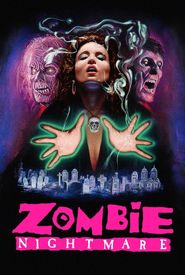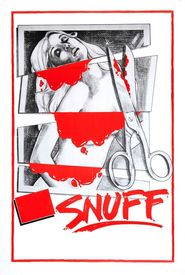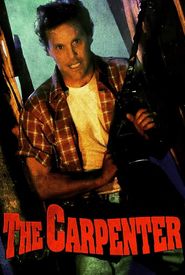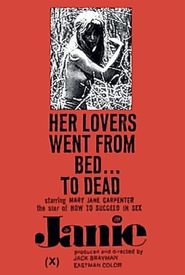Jack Bravman's early life was marked by a sense of curiosity and exploration, which would later shape his passion for the film industry. Growing up in a Jewish neighborhood in the Bronx during the 1940s, Bravman's childhood was defined by the influences of his community and the cultural melting pot that surrounded him.
After being raised by neighbors, Bravman attended Taft High School in the Bronx, where he began to develop an interest in film. This fascination was sparked by a cousin who worked as a projectionist at a drive-in theater in Bangor, Maine, and further fueled by his frequent visits to various movie theaters in Times Square, Manhattan, and the Museum of Modern Art.
Bravman's early career was marked by a series of jobs that would eventually lead him to his true calling in the film industry. He began by placing bets for people at a racetrack in Yonkers, before moving on to work as a messenger boy for his uncle's printing company on Varick Street in SoHo.
It was during his time at Look magazine, where he worked as a messenger in the photography department, that Bravman met Ed Adlum, a significant figure in his early career. After leaving Look, Bravman went on to work for the small company Photosonic, which produced and edited films and commercials. This experience proved invaluable, as it allowed him to learn the ins and outs of filmmaking and develop his skills as a director and producer.
Following the closure of Photosonic, Bravman secured a job as a film booker at MGM, where he learned the art of selling movies. This experience laid the groundwork for his eventual transition into filmmaking, which he made with his debut feature Blonde on a Bum Trip (1968),a film he co-wrote and co-produced with Adlum.
Throughout the 1960s, Bravman continued to direct and produce black and white soft-core sex films, often using pseudonyms such as Wizard Glick and Looney Bear. In the early 1970s, he made the transition to more explicit hardcore movies, and continued to produce X-rated films under the alias J. Angel Martine until the mid-1980s.
Bravman's film career eventually came to a close with a series of low-budget horror movies made in Canada. Despite the ups and downs of his career, Bravman's passion for filmmaking remained unwavering, and his early life experiences played a significant role in shaping his journey as a filmmaker.


























